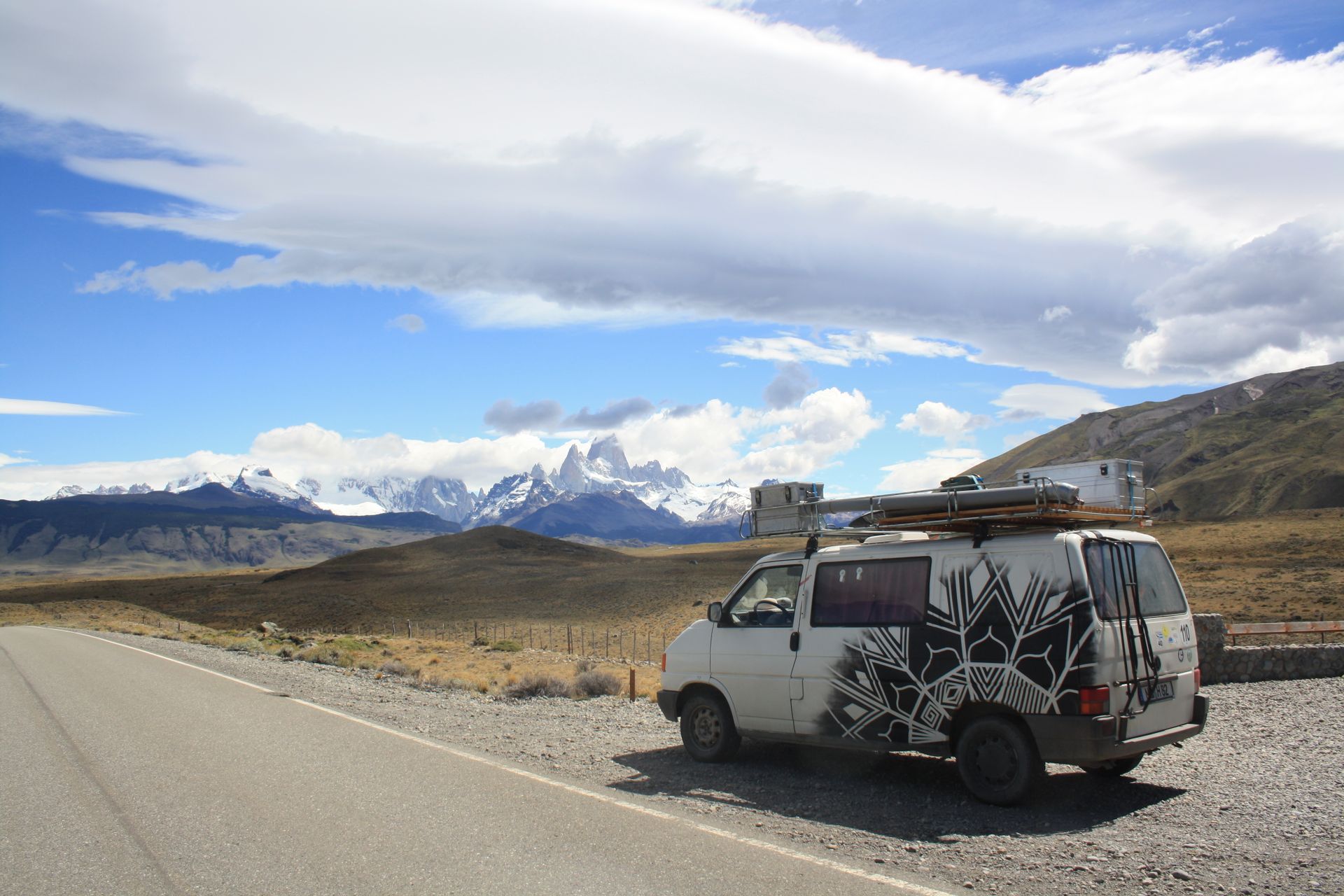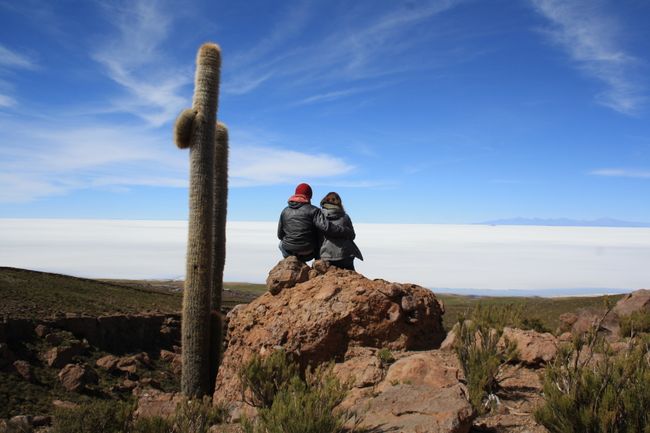Jungle Tour
Жарияланды: 13.05.2019
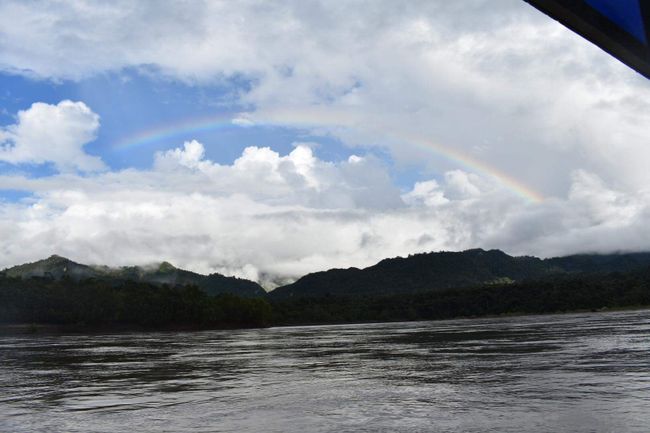
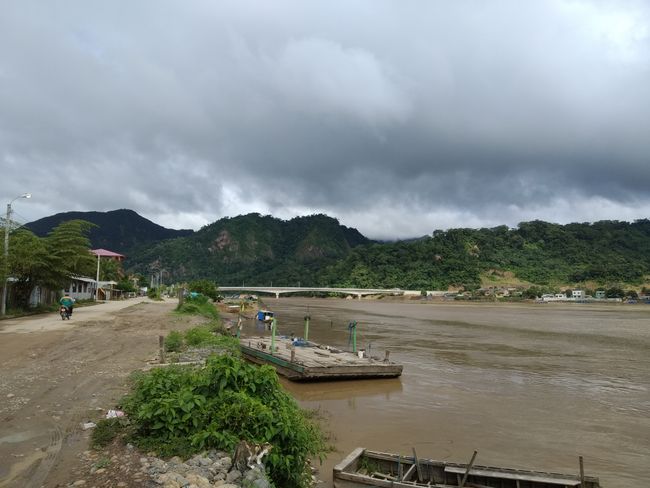
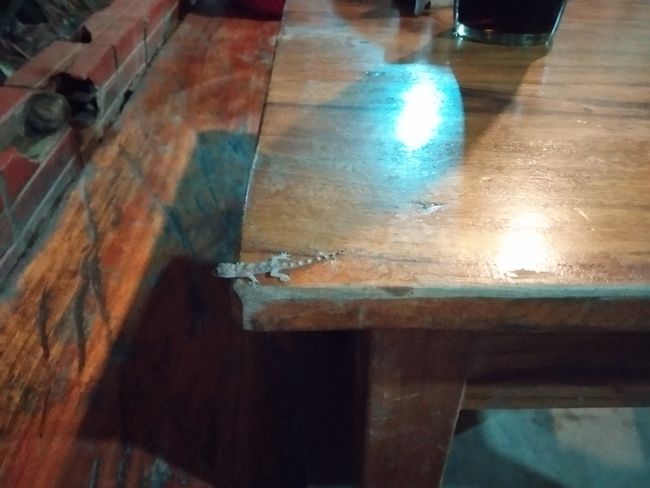
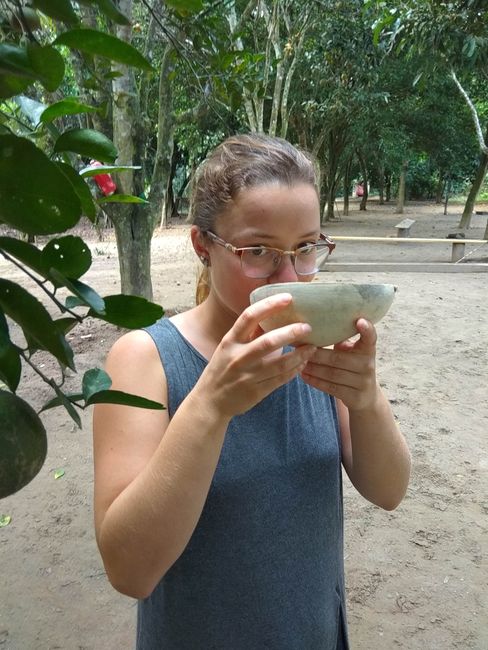
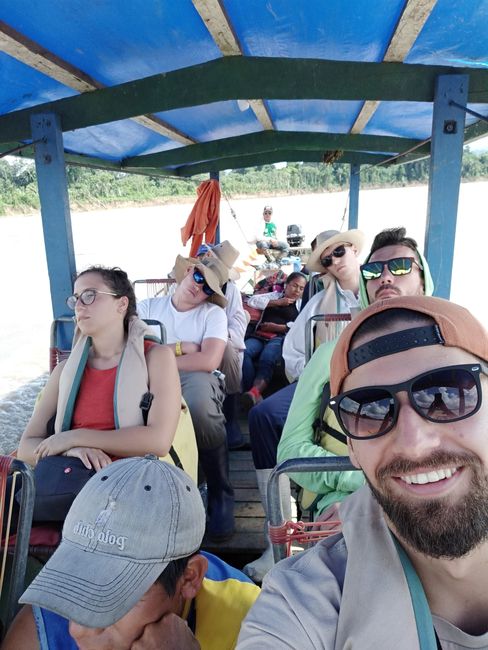
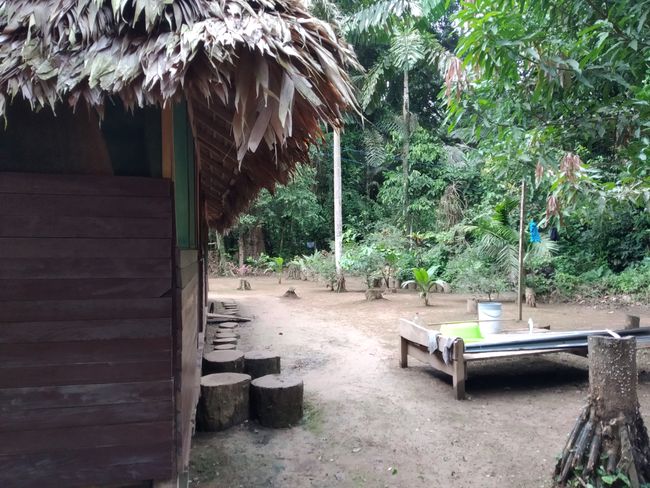
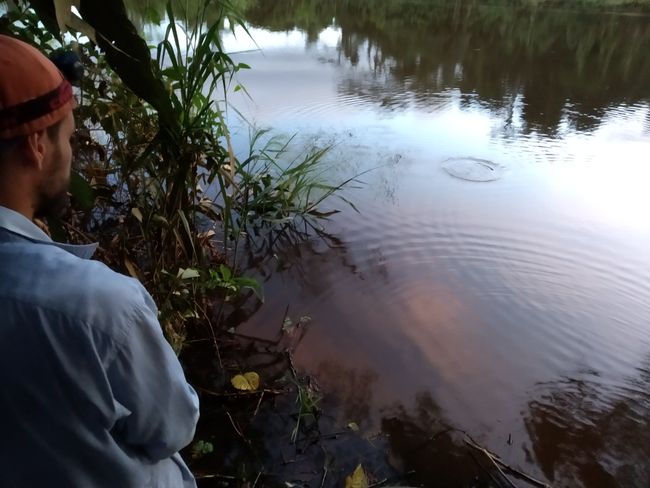
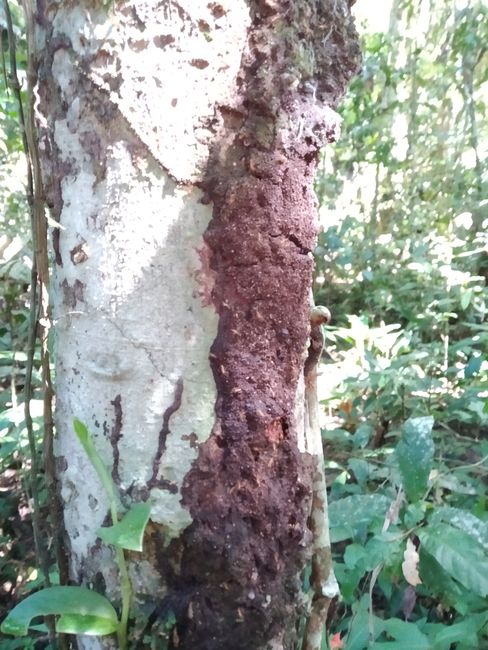
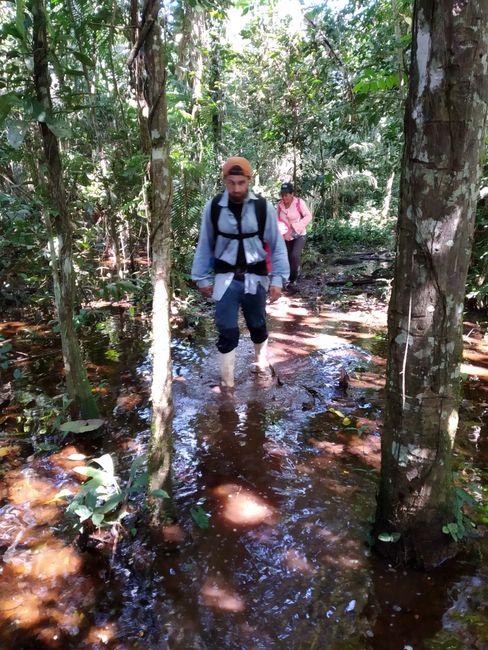
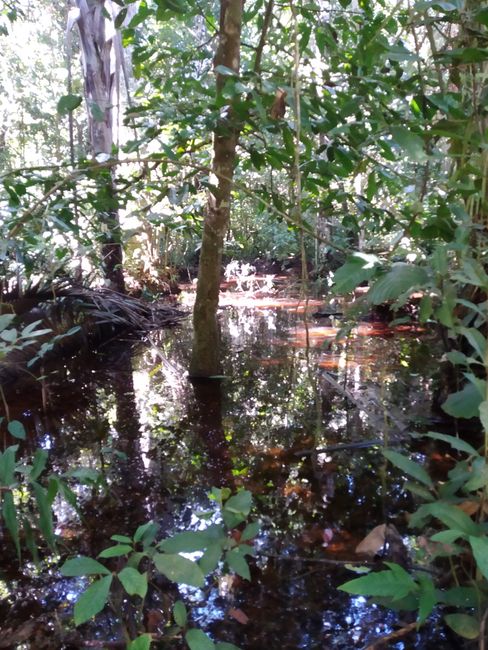
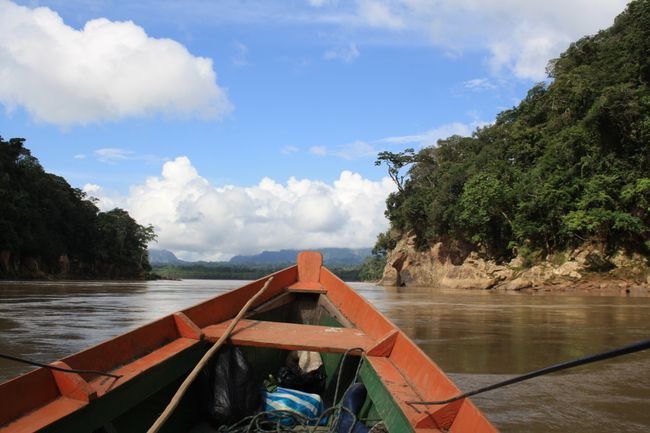
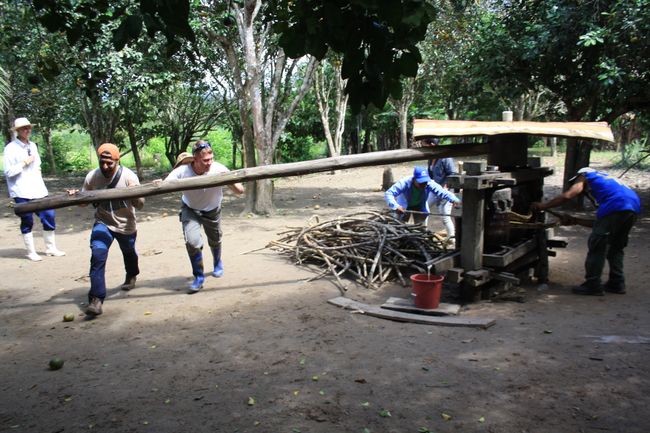
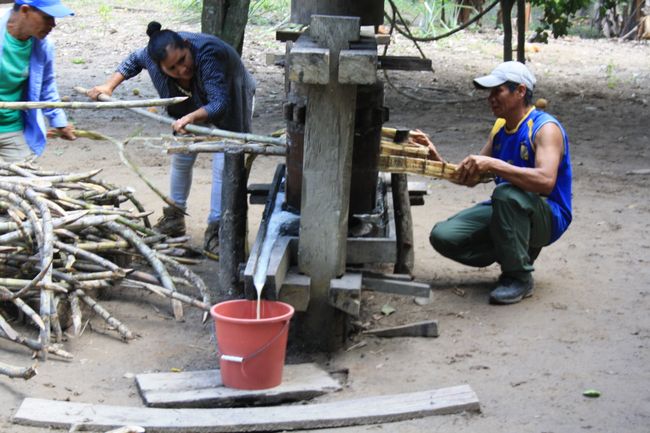
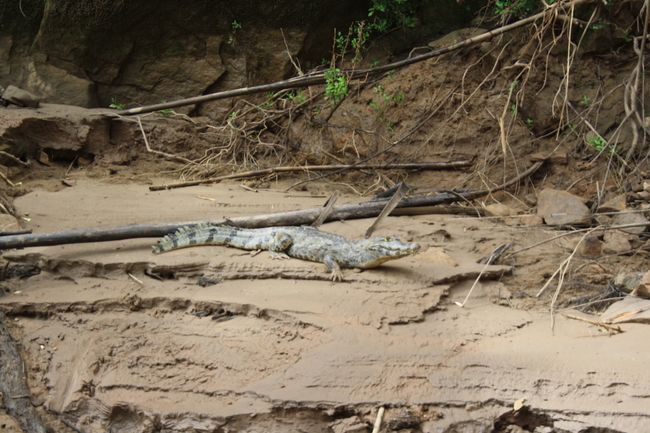
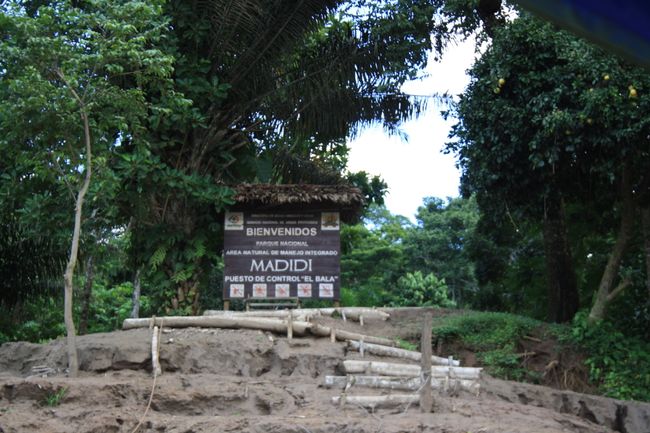
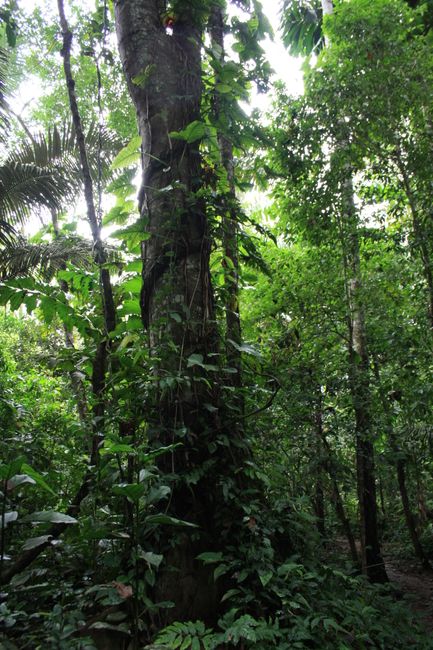
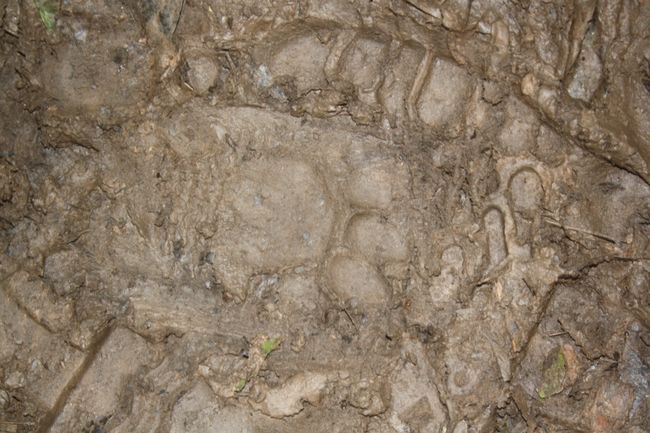
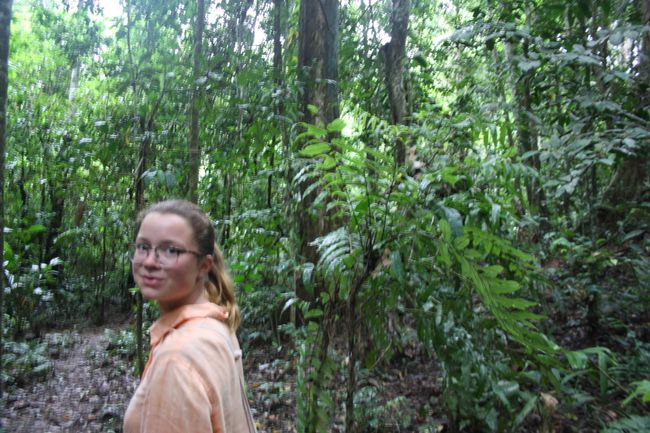
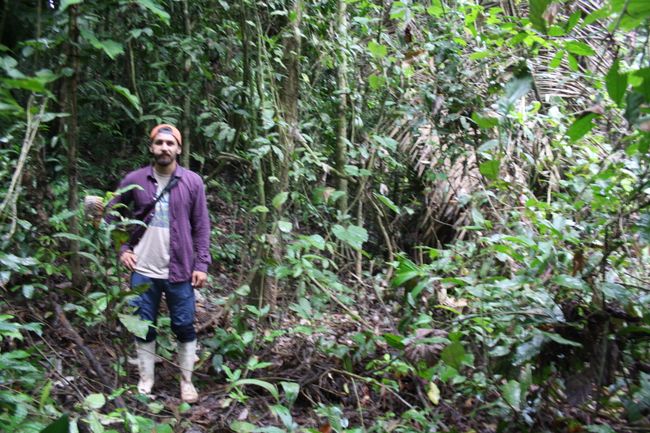
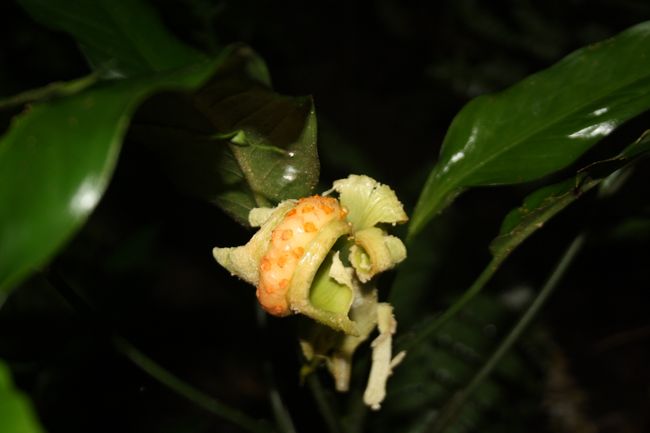
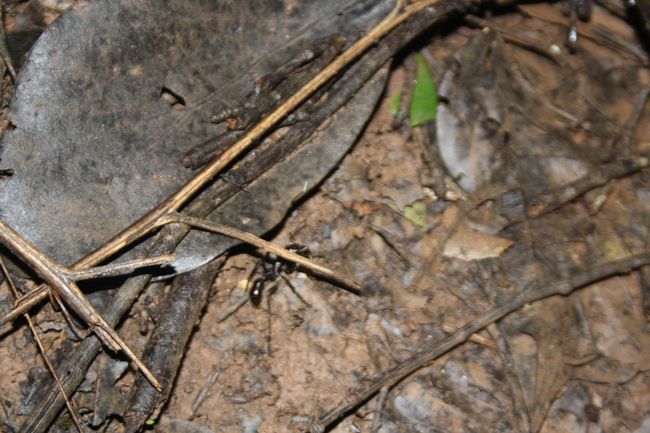
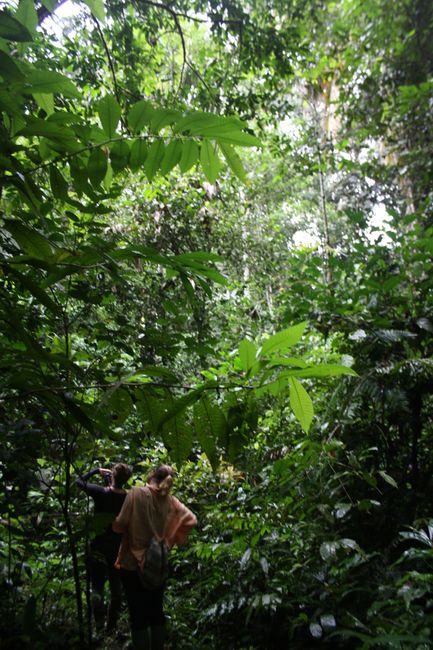
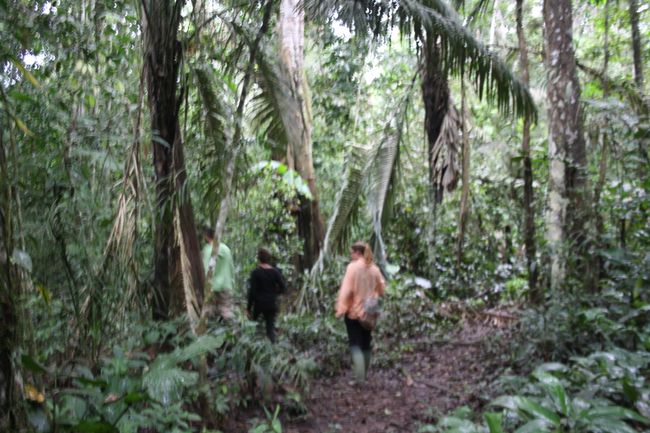
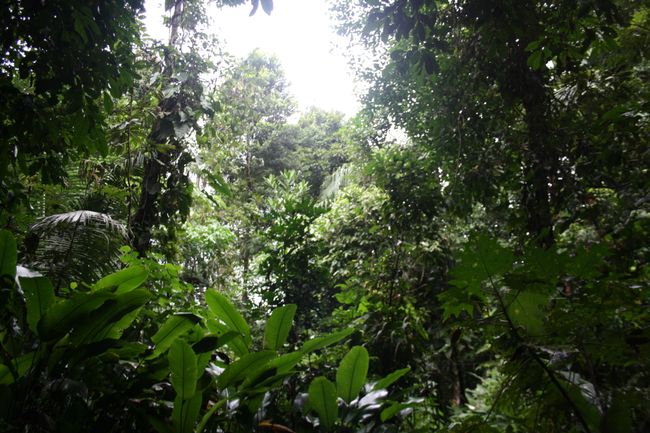
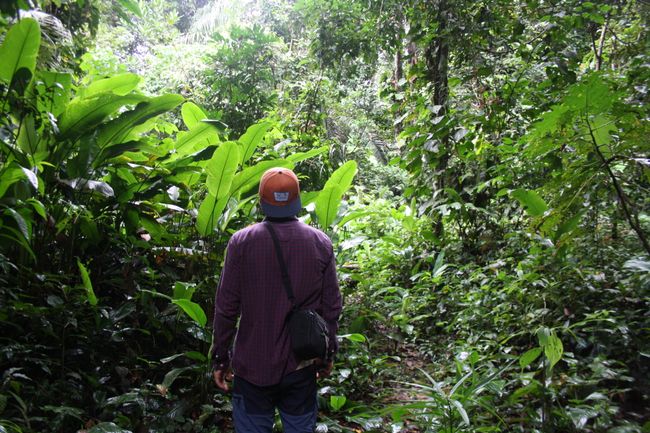
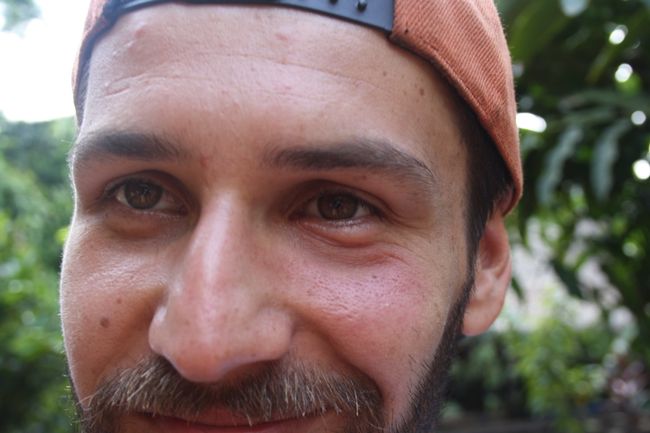
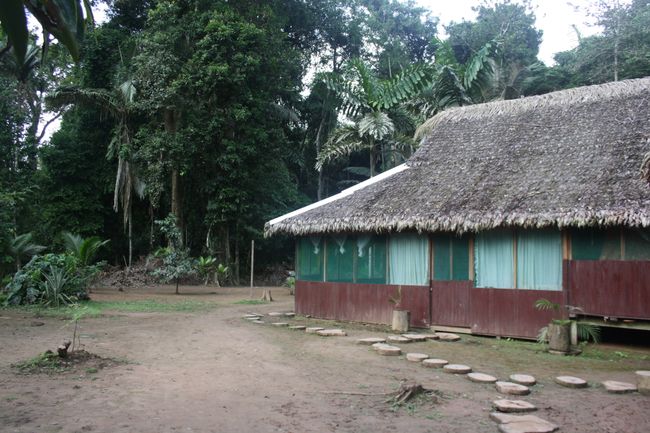
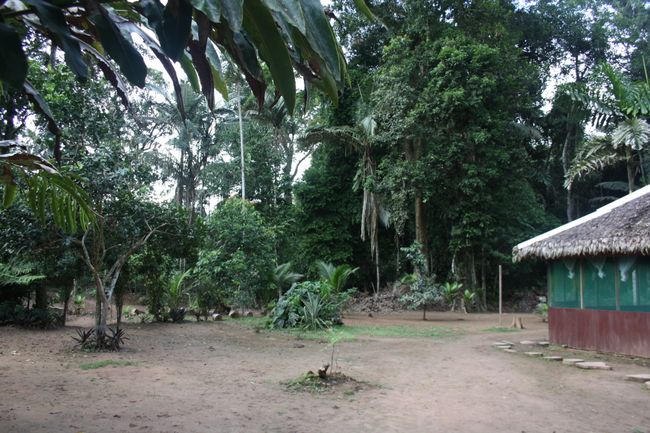
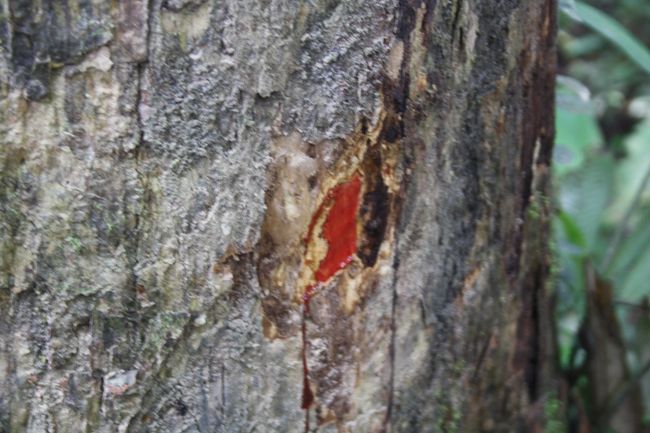
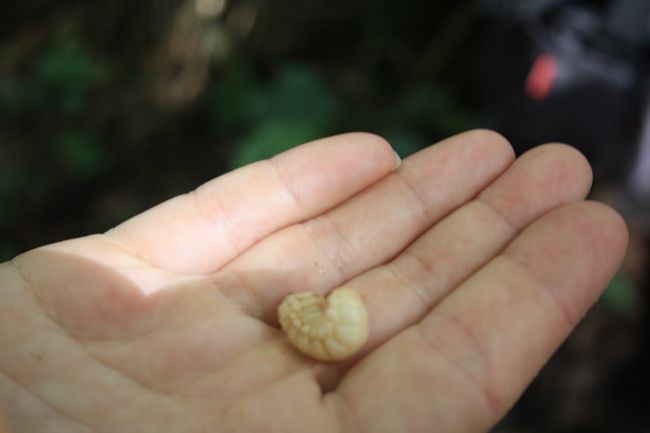
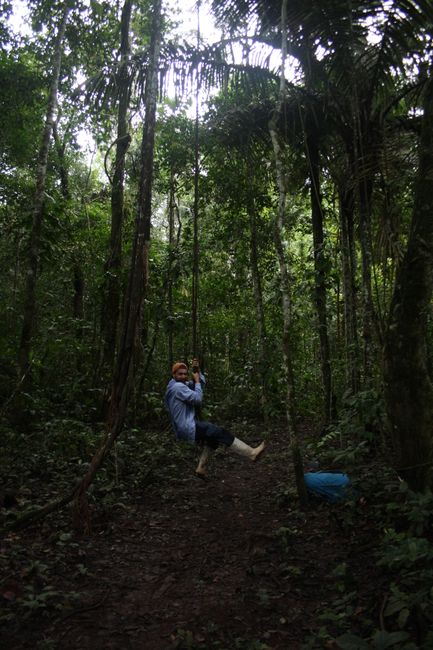
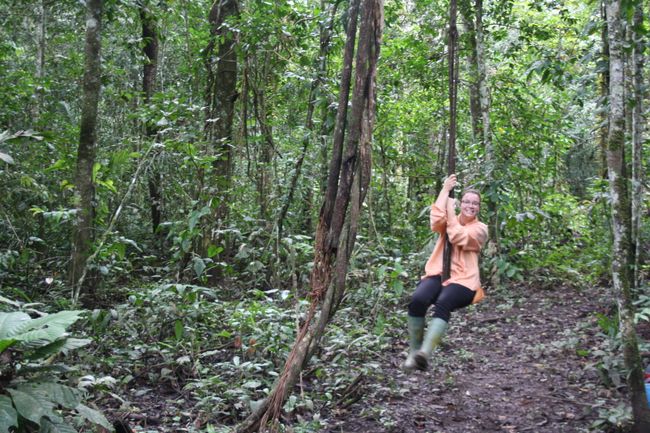
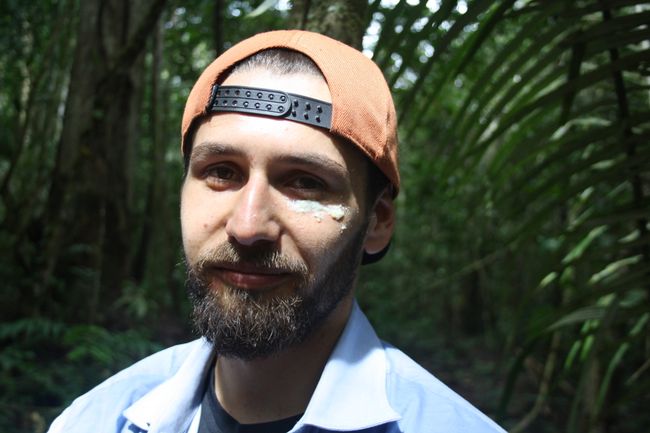
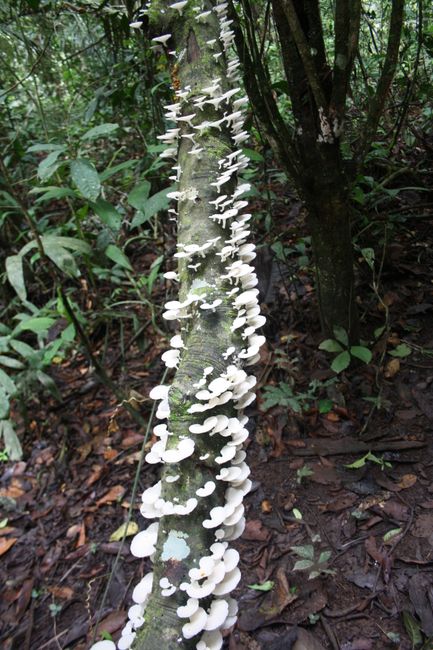
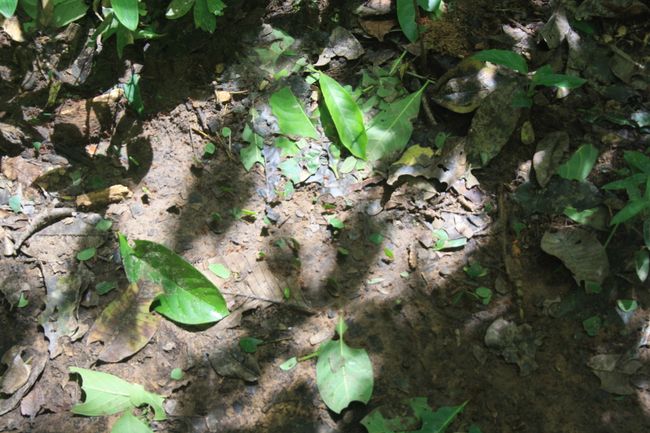
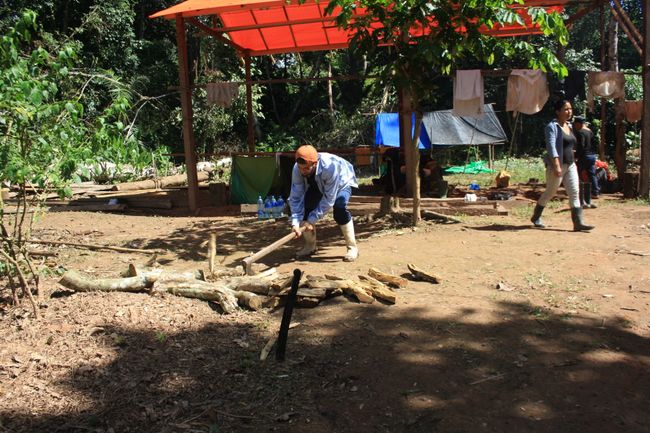
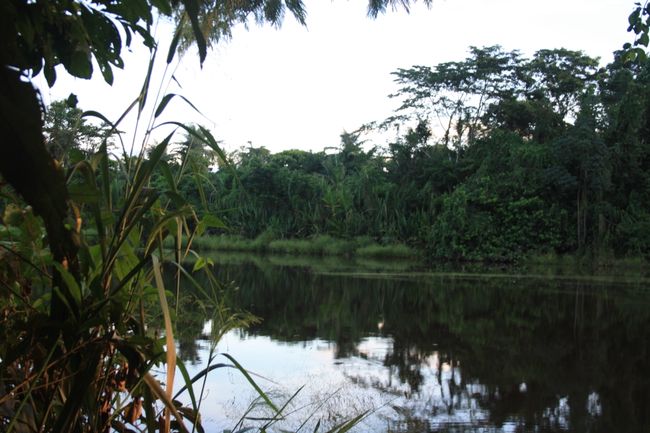
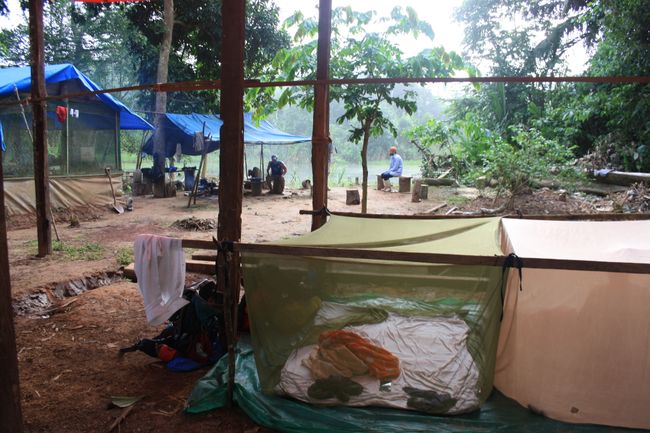
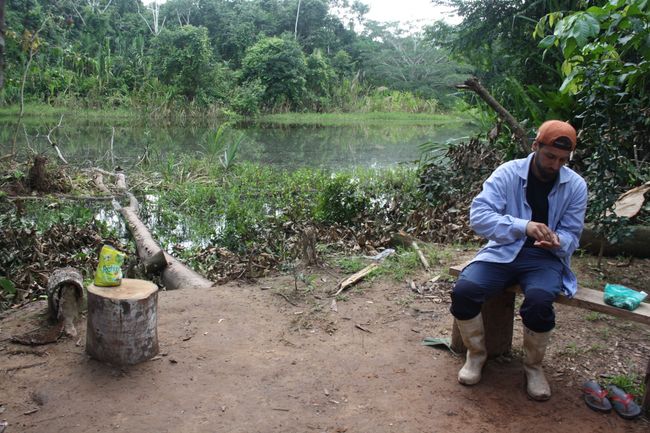
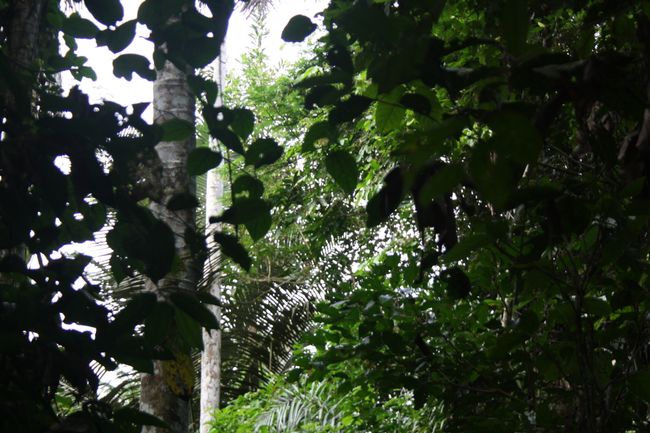
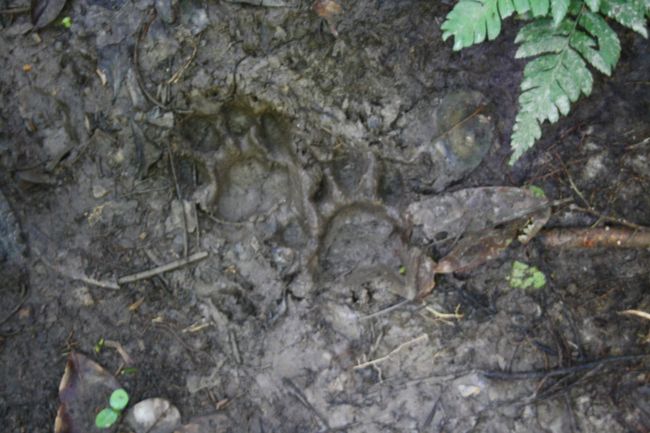
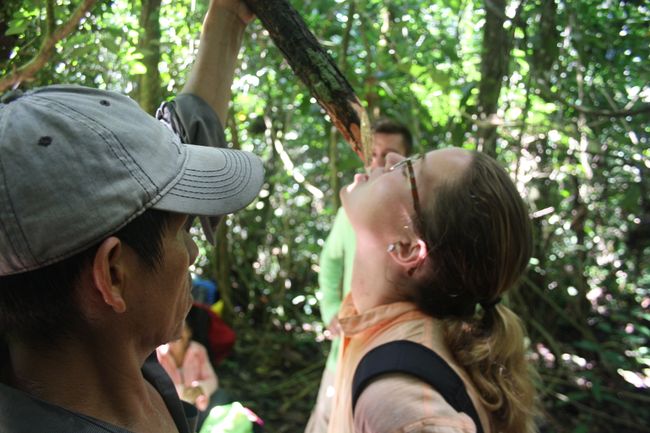
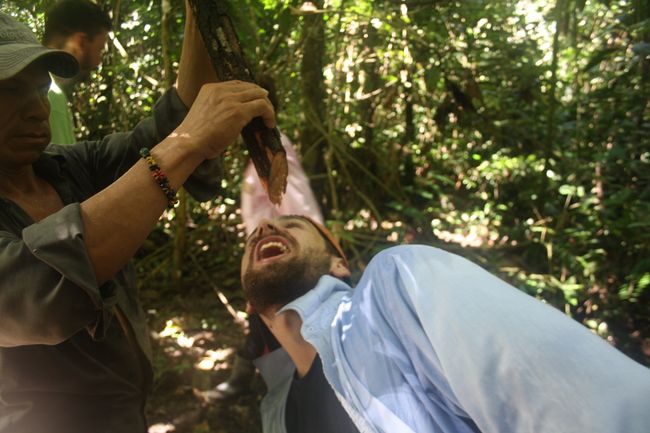
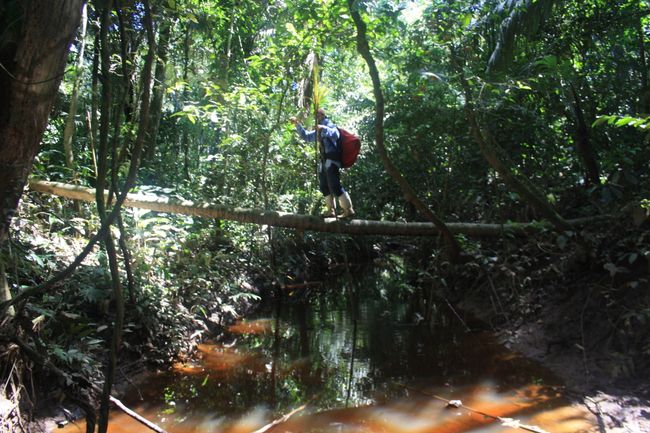
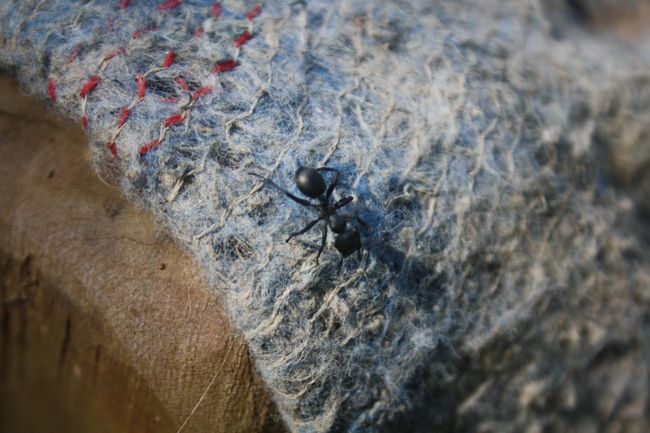
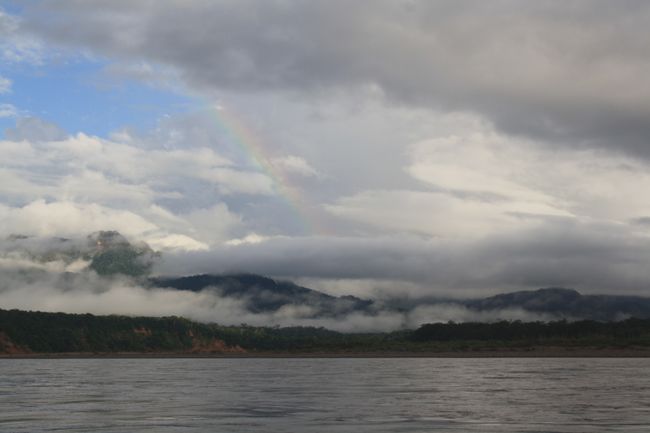
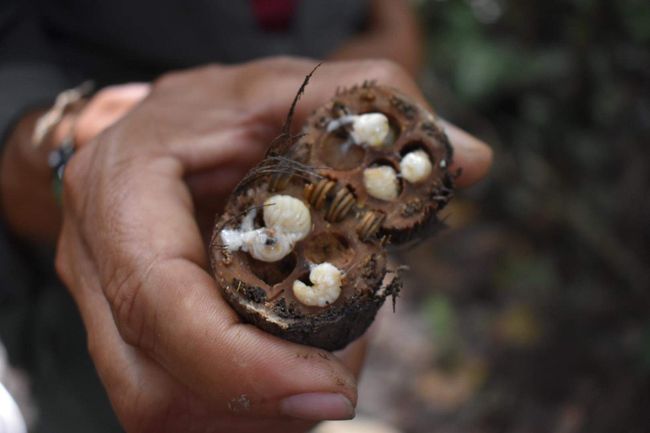
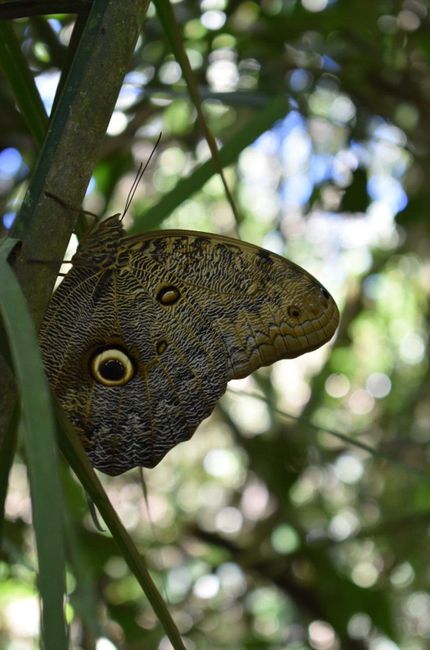
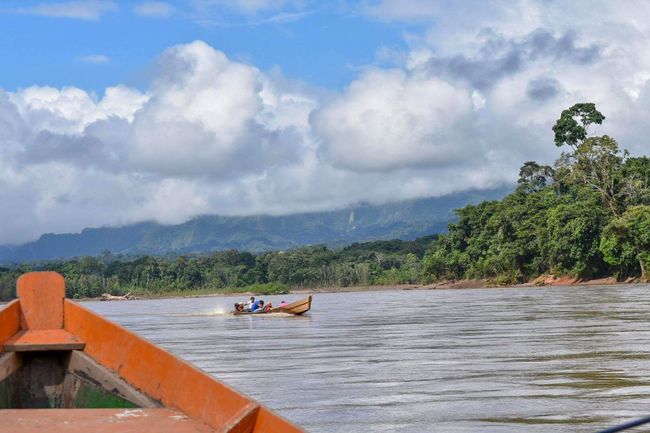
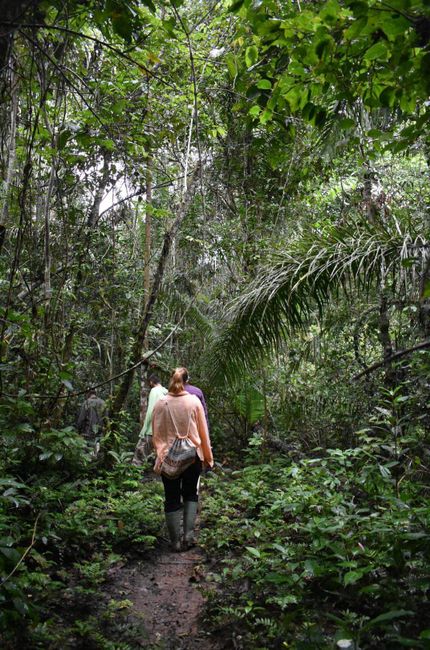
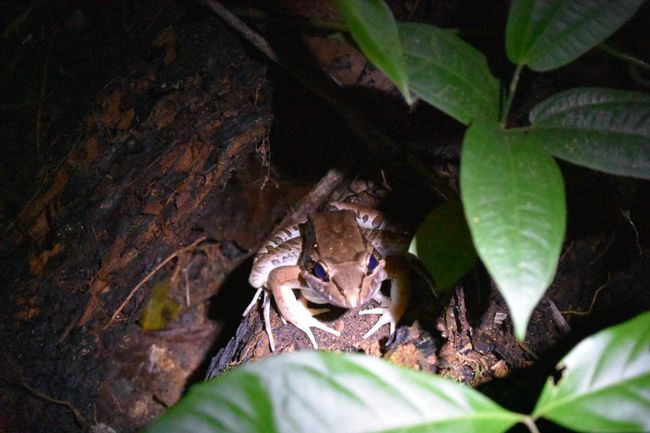
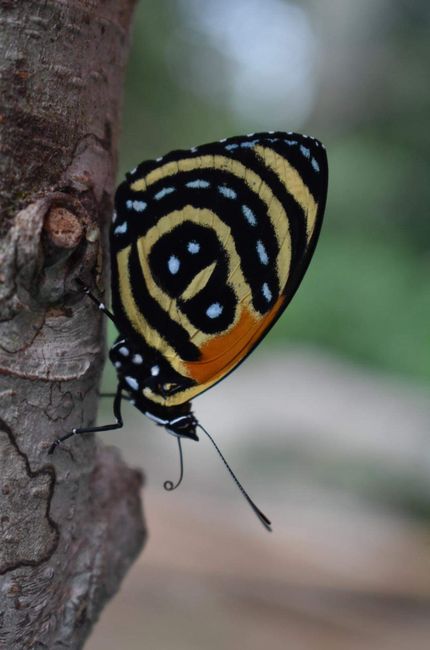
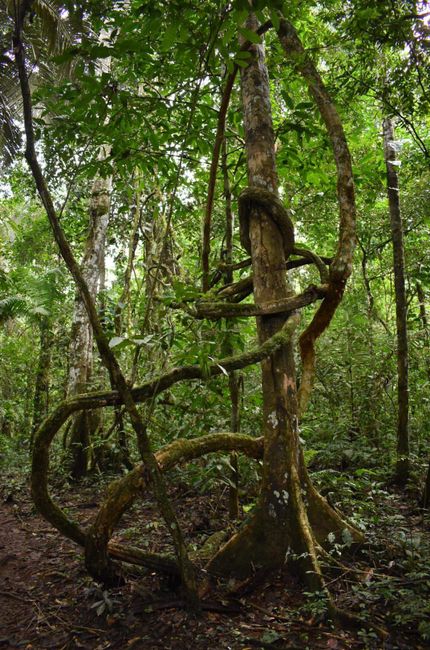
Ақпараттық бюллетеньге жазылу
6 exciting days lie behind us, but let's start from the beginning. We took the night bus from Santa Cruz to Trinidad in 12 hours. Once in Trinidad, you have to take a cross-country taxi. We continued an hour later. Unfortunately, the roads were very bad, it had rained a lot, so it was a real slippy ride. We had to change taxis halfway through the journey, and 26 hours later, we arrived in Rurrenabaque.
The next day, we went to different tour providers. The only difference was the prices and the treatment of the animals. We definitely didn't want to travel with an agency that feeds wild animals. In the end, we found an agency that offered us a package deal of 3 days in the jungle and 3 days in the Pampa.
Our travel group consisted of a guide, a cook, and two French travelers. We booked the entire tour in Spanish, and now we can understand 80% of it. We have found that less is explained in English compared to Spanish. Here's a small example:
Spanish: This flower blooms twice a year, and its flowers are used to make a detoxifying tea.
English: This is a beautiful flower.
In the office, we were provided with a tent, sleeping mat, a shirt (which works great as mosquito repellent), and rubber boots. As you can see in the pictures, we spent all three days wearing rubber boots, hiking pants, and a shirt. It was quite a sight. The rainforest tour mainly involves hiking. On the first day, we entered the jungle with a lot of fear. Our guide had lived in the rainforest for 14 years and could explain a lot about the useful plants. It was impressive to see such a self-contained ecosystem. When a tree falls, it gets infested and decomposed by fungi, which release nutrients into the soil and make it fertile. When an animal dies, only its bones remain after 1-2 days, everything else gets cleaned up. However, we were disappointed after our first day in the jungle because we didn't see any animals. Well, we have to admit that we probably sounded like a herd of elephants stomping through the forest. And most animals in the rainforest have excellent hearing, so we will probably only encounter deaf-mute animals.
After a rather sleepless night, we packed our backpacks with the tent, sleeping mat, etc. after breakfast because we were heading to the campsite for the second night. It was exhausting to hike through the rainforest in rubber boots with a full backpack in 35 degrees and almost 100% humidity. During the night, Jonas' eye made acquaintance with one mosquito that was inside our mosquito net, which caused his eye to swell completely. But the jungle pharmacy had a kind of fungus that was processed into a paste. We applied this paste to his eye twice, and then everything was fine again. It's really cool when you know what to do! Along the way, we started to see more animals. Our guide sat quietly with us for half an hour, and suddenly there were animals everywhere. We realized that we needed to be quieter. When we arrived at the "campsite", we were served food. The food was always very good, even though the Bolivian cuisine is clearly too fried. They caught a lot of fish in the river, which they served with rice, potatoes, or yuca (a root vegetable) and a salad. However, they are not so fond of vegetables. After dinner, the guide said it was time to "shower". We were really excited because we thought there was an actual shower at the campsite, especially since the toilet was just a barrel with some privacy. After a 5-minute walk, we arrived at our "shower," the Rio Bení. The guide really wanted us to jump into the water where crocodiles, piranhas, giant fish, and other dangerous creatures live. Is he crazy?! We went into the water with a bit of uneasiness. It wasn't really cold, but it was enough for washing purposes. Then we went to a lagoon where you apparently can catch piranhas. A piece of meat was attached to a hook, and we tried fishing. Of course, as amateur fishermen, we didn't catch anything. Surprise! By the way, our guide's name was Milton. When we started walking, Milton told us to bring our flashlight because we would probably return when it's dark. Yeah, sure, we'll just hike through the jungle in the dark, no problem. But it wasn't that bad. However, whenever Milton stopped, it meant that there was an animal nearby, and we had to turn off our lights so that it would come closer. After that, we would turn on the lights, and sometimes we would actually see the animal, but most of the time we didn't. During a short break, Milton sat on a tree stump, and Jonas sat next to him. However, the tree stump was not completely unoccupied, and Jonas got stung by a bullet ant in the butt. Milton had already warned us about this ant because it causes pain for 24 hours. We still had some paste left from the morning, so we applied it to his behind. In the end, he only had 15 hours of pain, but still. By now, we have quite a few mosquito bites, even though we always wear long clothes and had a strong mosquito spray with us, which even peeled off our skin a bit. Damn mosquitoes! We slept on the ground in a mosquito net. It was sometimes noisy at night because there were monkeys around the campsite, and something passing by the campsite made me uneasy. Not very restful sleep. The next day, we hiked through or over countless streams back to the camp. We saw many butterflies the size of our hand. While Jonas was taking a picture of one, the guide said, 'Don't touch it!' And Jonas just replied that he wouldn't touch the butterfly, of course. But Milton actually meant the tree that he was leaning against, which is called Palma de Diablo (Devil's Palm). Why? Because it is home to fire ants, which, of course, crawled all over Jonas. So, we are definitely not capable of surviving in the jungle! One highlight was that we could observe wild monkeys. It was a whole family, and we had to sneak up on them quietly. We also spotted parrots and toucans. On the last day, we made jewelry using ingredients from the rainforest. At sunrise, we took the boat back to Rurrenabaque, and from there, we continued to the Pampa.
Ақпараттық бюллетеньге жазылу
Жауап
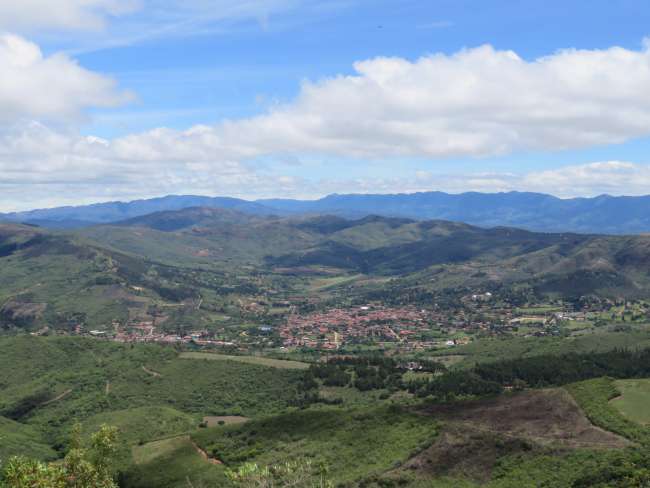
Саяхат есептері Боливия
